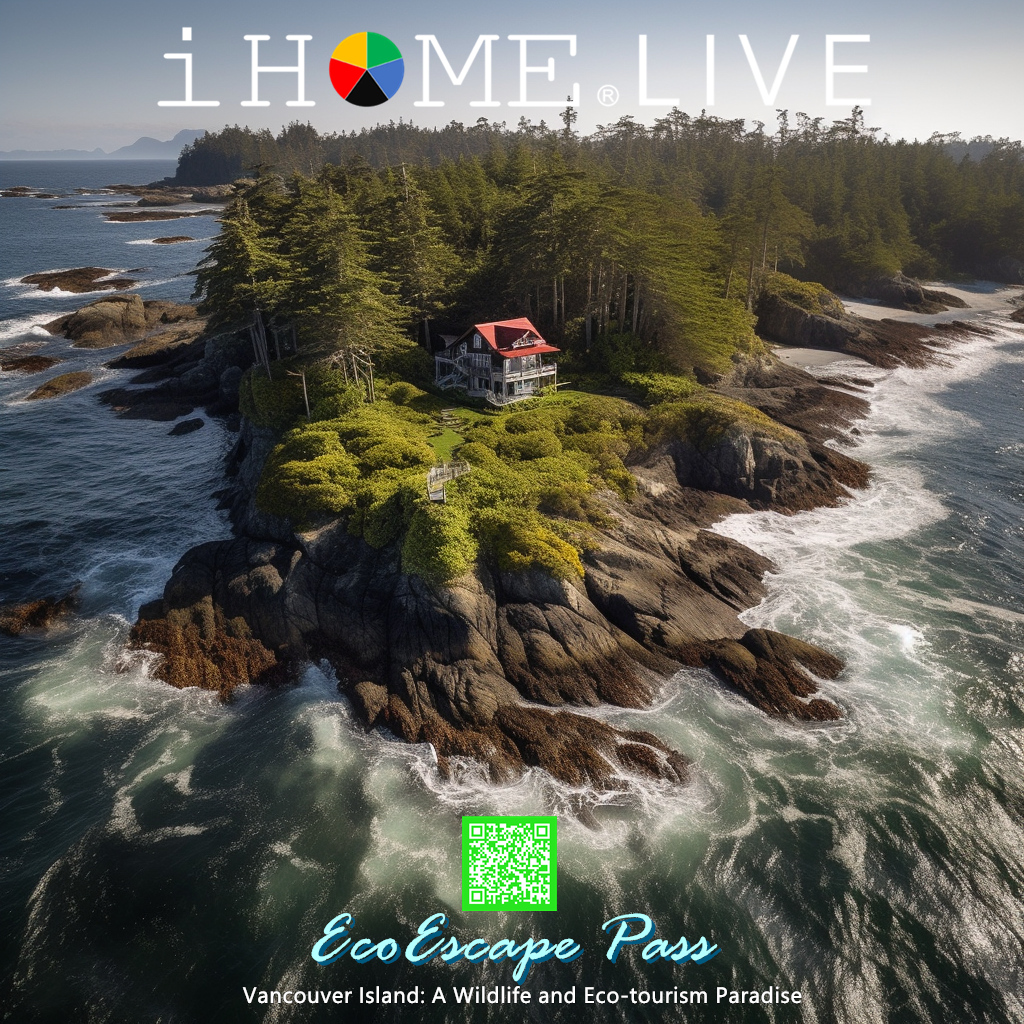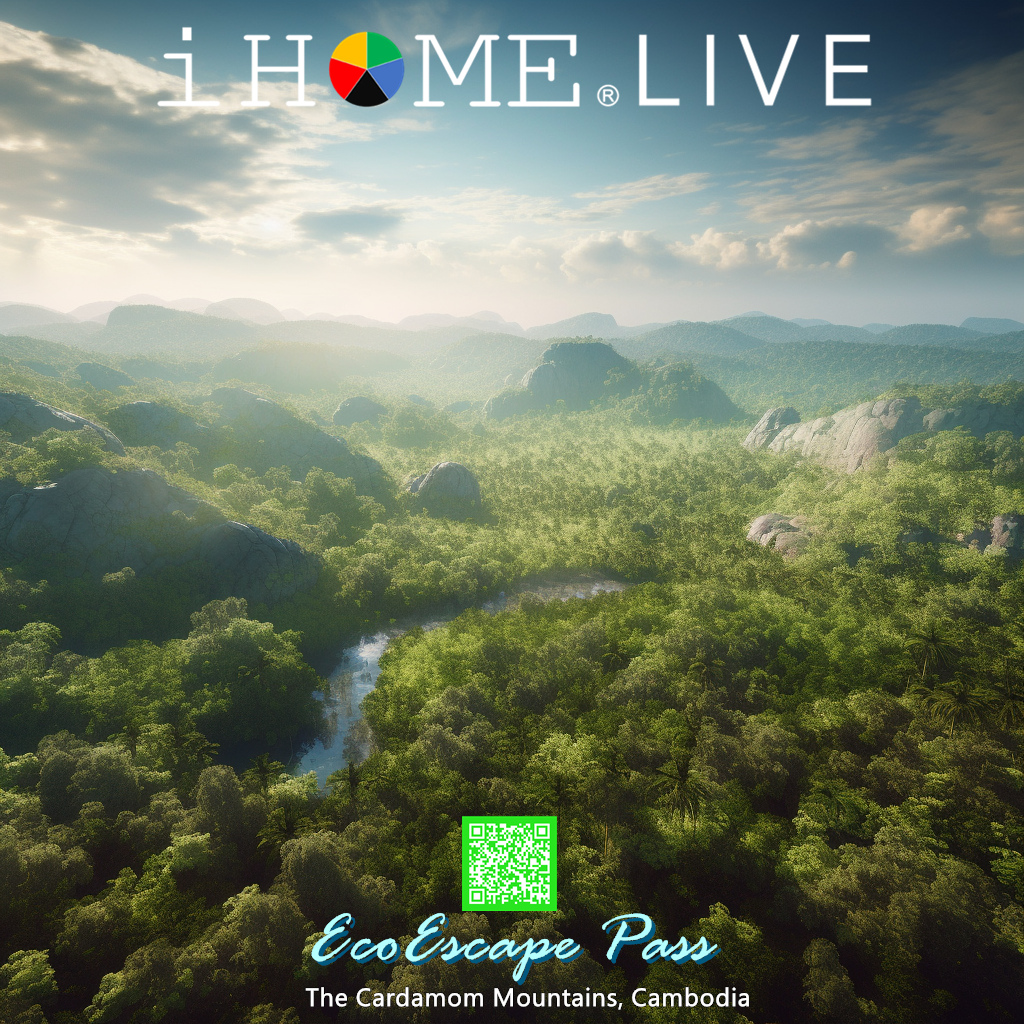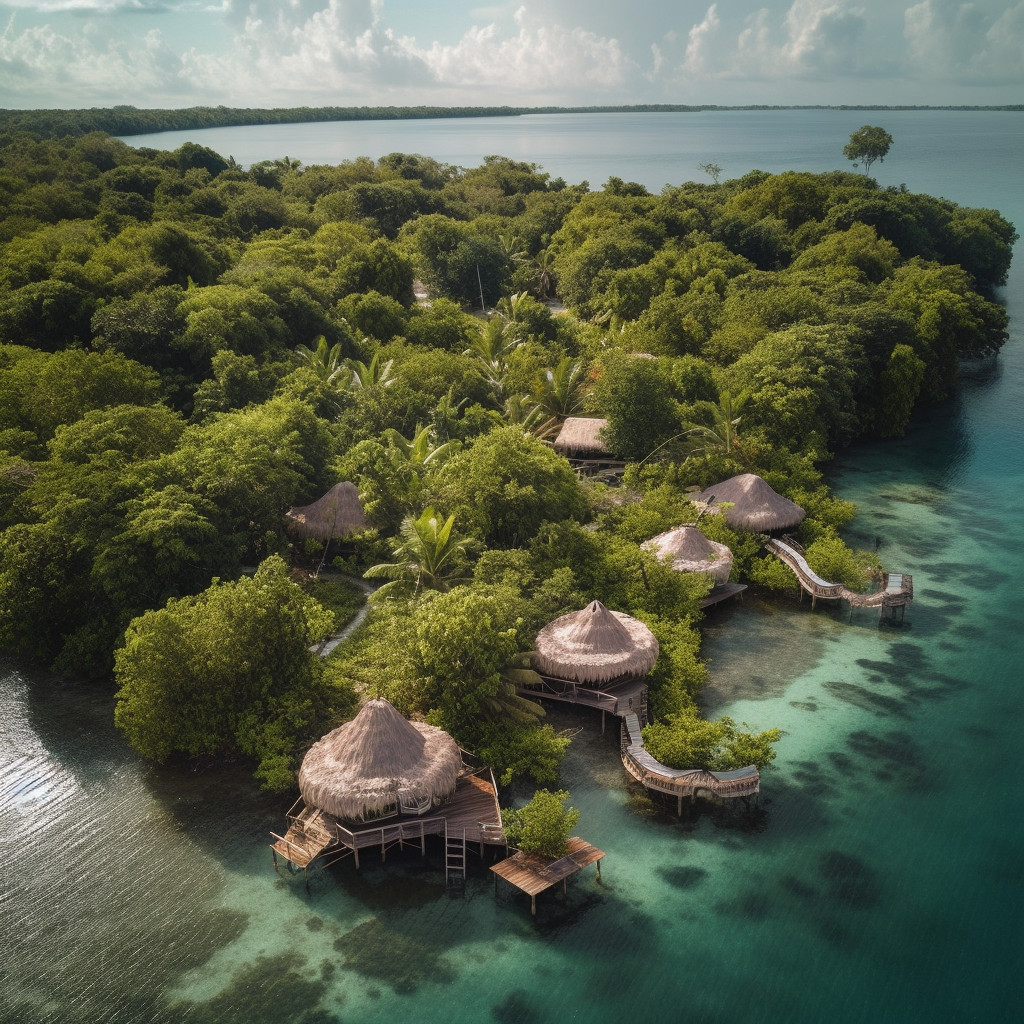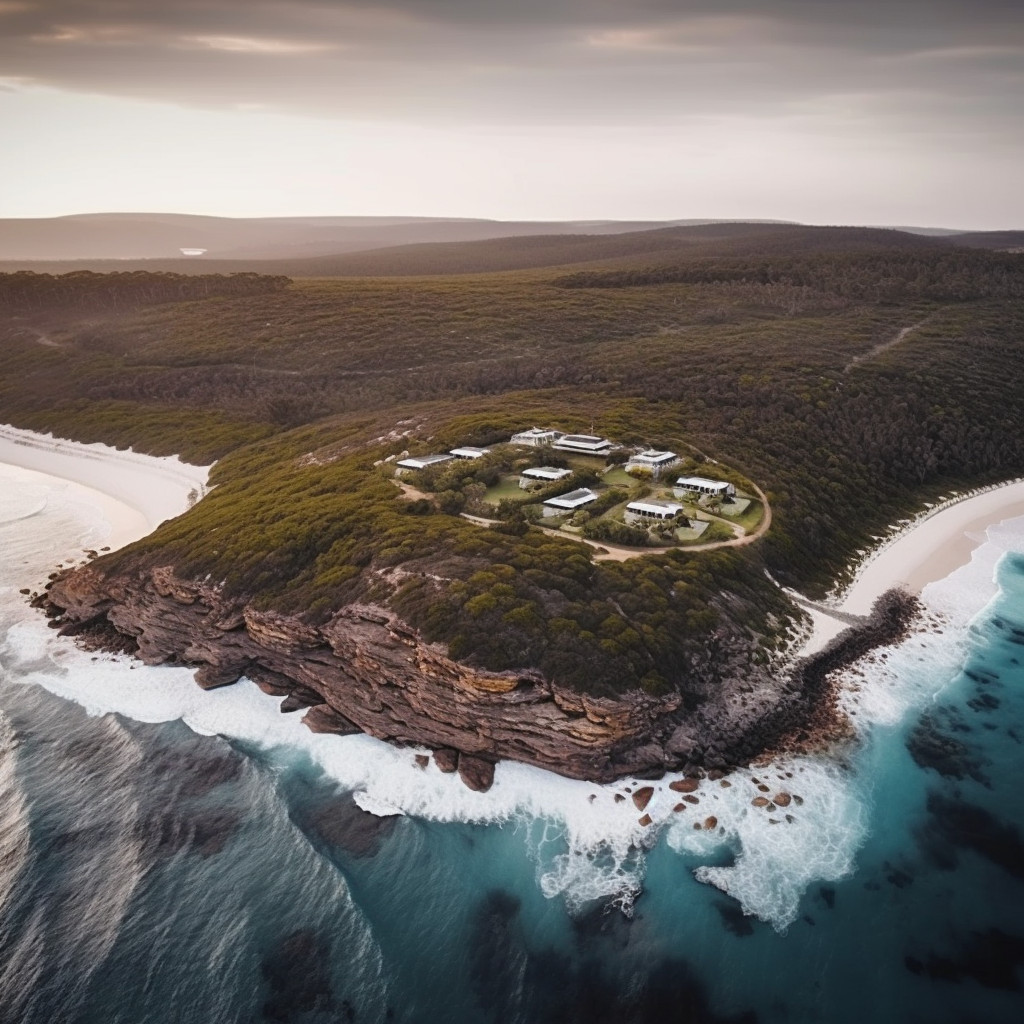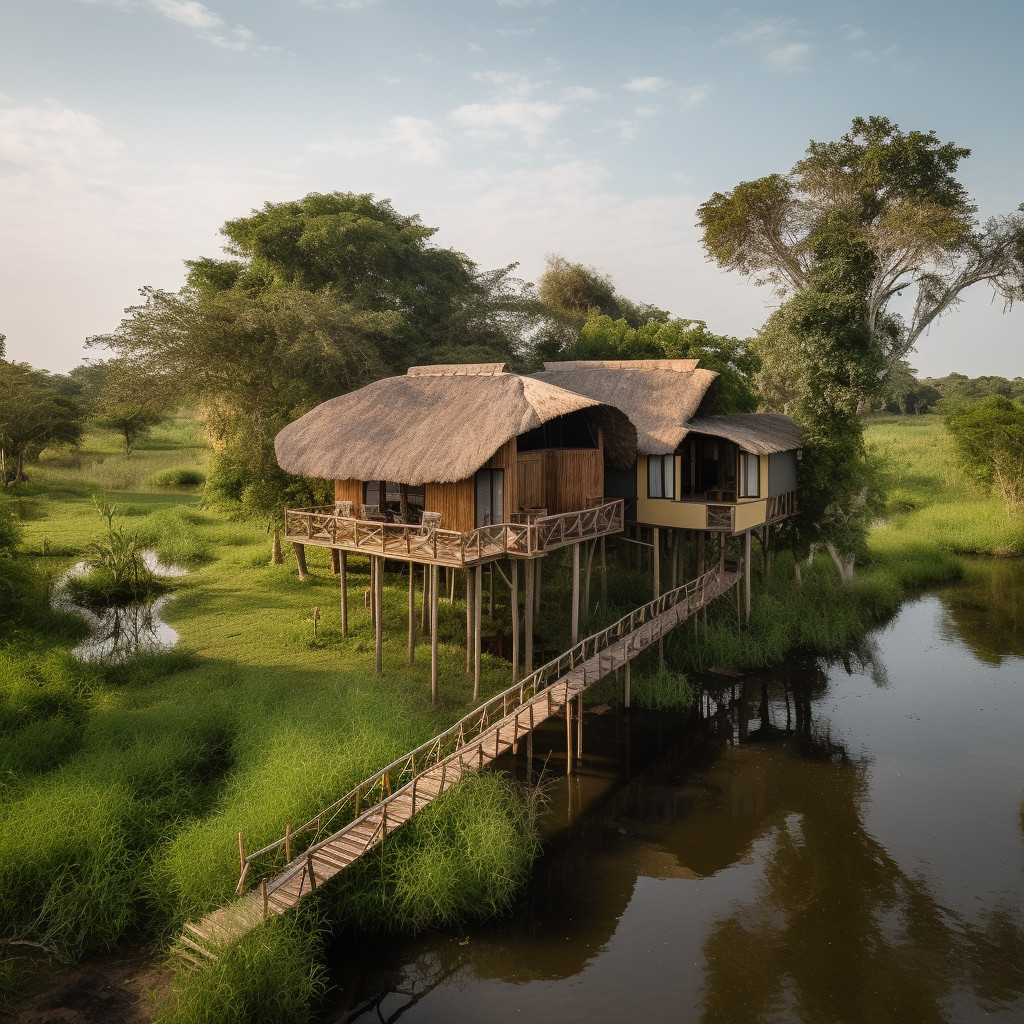Overview
Description:
Ecuador, a small country in South America, offers a unique blend of biodiversity, cultural richness, and eco-friendly living. From the Amazon rainforest to the Galápagos Islands, Ecuador’s natural beauty and commitment to sustainability make it an ideal destination for retirees seeking an eco-conscious lifestyle.
Eco Attractions:
- Galápagos Islands: Famous for their unique wildlife and conservation efforts.
- Amazon Rainforest: Home to diverse flora and fauna, with eco-lodges and guided tours.
- Andean Highlands: Offers hiking, bird watching, and traditional eco-friendly villages.
- Coastal Areas: Pristine beaches with opportunities for sustainable tourism and marine conservation.
Visa and Residency Options
Visa Requirements
Types of Visas:
- Tourist Visa: Allows stays up to 90 days.
- Temporary Residency Visa: Includes Retirement Visa, Professional Visa, and Investor Visa.
- Eco-Tourism Visa: Specifically for eco-travelers interested in conservation work (not yet officially recognized, but eco-volunteer programs are available).
Application Process:
- Tourist Visa: Generally granted on arrival for most nationalities.
- Temporary Residency Visa: Apply through Ecuadorian consulates or the Ministry of Foreign Affairs website.
- Documentation and Eligibility: Passport, financial proof, health insurance, police clearance, and specific documents depending on the visa type.
Long-term Stay Permits
Extending Your Stay:
- Tourist Visa Extensions: Possible to extend for an additional 90 days.
- Eco-volunteer Programs: Provide extended stay options for participating in conservation efforts.
Application Details:
- Tourist Visa Extensions: Apply at the Ministry of Foreign Affairs or local immigration offices.
- Eco-volunteer Programs: Coordinated through various NGOs and conservation groups.
Long-term Options:
- Retirement Visa: Requires proof of pension or stable income.
- Investor Visa: Requires a significant investment in local real estate or business.
Residency Options
Paths to Residency:
- Temporary Residency: Renewable every two years.
- Permanent Residency: Available after 21 months of temporary residency.
Residency Requirements:
- Temporary Residency: Proof of income, health insurance, police clearance.
- Permanent Residency: Similar requirements with additional residency duration proof.
Transitioning to Permanent Residency:
- Application Process: Submit through the Ministry of Foreign Affairs.
- Eligibility Criteria: Continuous temporary residency status and compliance with local laws.
Living Conditions
Cost of Living:
- Accommodation: $300-$600/month for rentals.
- Food: $200-$400/month.
- Transportation: $30-$50/month.
- Currency: US Dollar (USD).
Infrastructure:
- Sustainable Housing: Growing availability in urban and rural areas.
- Internet Reliability: Good in major cities, variable in rural areas.
- Healthcare Facilities: Affordable and of high quality, with eco-friendly options emerging.
Additional Details:
- Banking: Straightforward process for opening accounts.
- Tax Obligations: Low-income tax rates for residents.
- Business Registration: Encouraged, with incentives for sustainable enterprises.
Community and Networking
Community Overview:
- Eco-conscious Community: Active in both urban and rural areas.
- Expat Community: Vibrant, particularly in cities like Cuenca and Quito.
Networking Opportunities:
- Community Events: Regular eco-fairs, sustainability workshops, and conservation meet-ups.
- Social Platforms: Facebook groups, local forums, and eco-travel websites.
Eco-Friendly Activities and Attractions
Nature Reserves and Parks:
- Yasuní National Park: Biodiverse rainforest with guided eco-tours.
- Cotopaxi National Park: Offers hiking and wildlife watching.
- Machalilla National Park: Coastal park with beaches and archaeological sites.
Guided Tours:
- Eco-friendly Transport: Options include electric vehicles and community-based tourism.
Wildlife Watching:
- Galápagos Islands: Renowned for unique species and conservation tours.
- Mindo Cloud Forest: Bird watching paradise with numerous eco-lodges.
Outdoor Activities:
- Hiking, Bird Watching, Kayaking, Biking: Widely available with eco-friendly operators.
Eco-Lodging:
- Recommended Accommodations: Include sustainable hotels and eco-lodges in key areas.
Organic and Farm-to-Table Dining:
- Dining Options: Many restaurants emphasize organic and local produce.
Environmental Initiatives
Conservation Programs:
- Amazon Conservation: Efforts include reforestation and wildlife protection.
- Galápagos Preservation: Programs focused on maintaining the delicate ecosystem.
Volunteer Opportunities:
- Wildlife Conservation: Numerous opportunities in both Amazon and Galápagos regions.
- Environmental Clean-up: Community-driven projects in urban and coastal areas.
Sustainable Living Workshops:
- Workshops and Courses: Offered on permaculture, sustainable farming, and eco-building.
Community Gardens and Urban Farming:
- Urban Projects: Growing trend in cities like Quito and Cuenca.
Cultural Insights
Local Customs:
- Warm and Friendly: Ecuadorians are known for their hospitality.
- Respect for Nature: Deep-rooted cultural respect for natural environments.
Language Tips:
- Spanish: Primary language, basic phrases useful.
- Indigenous Languages: Kichwa is also spoken in some areas.
Safety and Laws:
- Generally Safe: But usual precautions are advised.
- Environmental Laws: Strict regulations to protect natural areas.
Do’s and Don’ts:
- Do: Respect local customs and nature.
- Don’t: Engage in activities that harm the environment.
Summary
Pros:
- Rich biodiversity and stunning natural landscapes.
- Affordable cost of living.
- Strong community of eco-conscious expats and locals.
- Good healthcare and infrastructure in urban areas.
Cons:
- Variable internet reliability in rural regions.
- Bureaucratic processes for visas and residency.
Key Reasons:
- Ideal for nature lovers and conservation enthusiasts.
- Numerous eco-friendly living options.
- Engaged community and ample volunteer opportunities.
Useful Contacts and Resources
Embassies and Consulates:
Local Government and Services:
Essential Services:
- Healthcare: Ministry of Public Health: Link
- Sustainable Living: Ecuador Green Building Council: Link
Emergency phone numbers:
- General Emergency: 911
- Police: 101
- Fire Department: 102
- Medical Emergency: 131
![Romania - Tiny house - [ Minimalist Retreats ] - Design Collectibles & Angel Membership (V1)](https://ihome.org/wp-content/uploads/2024/06/Slide19-300x300.jpg)



![Australia - Tiny house - [ Minimalist Retreats ] - Design Collectibles & Angel Membership (V1) (Copy)](https://ihome.org/wp-content/uploads/2024/06/Slide21-300x300.jpg)
